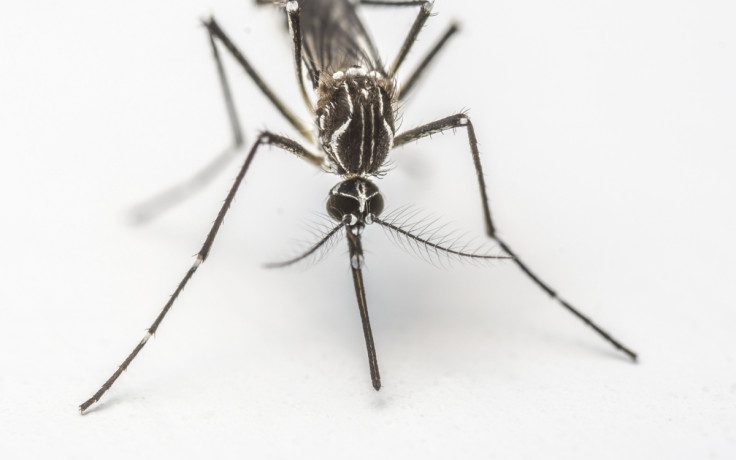Zika: New study suggests virus could cause brain disorders in adults

The rapidly spreading Zika virus could affect the brain function of adults, despite previous assertions it was only harmful to babies in utero. A small study released on 10 April suggests adults who contract the virus, which is most commonly spread by a bite from the Aedes mosquito, could experience brain disorders including problems with vision and memory, caused by brain swelling.
The research was conducted by Dr Maria Lucia Brito Ferreira, from Restoration hospital in Recife, Brazil, who monitored six patients as they presented at hospital with Zika symptoms, later testing positive for the virus.
Of the six, five experienced problems with motor function, one with vision and memory problems, while four of them also developed Guillain-Barre syndrome (GBS), The Guardian reported.
The findings of the study are due to be presented to the annual meeting of the American Academy of Neurology in Vancouver, Canada on 15 April 15, and as such will likely be viewed as preliminary findings until published in a peer-reviewed medical journal.
However, despite the worrying findings, which contradict popular belief that the Zika virus is only harmful to foetuses – causing microcephaly in new-born babies – scientists have urged people not to panic before further evidence is presented.
The World Health Organisation declared a global public health emergency in response to the spike in incidences of Zika, particularly across South America, with Brazil reporting more than 740 cases of microcephaly since the end of 2015.
If the virus' link with GBS in adults is confirmed, there is likely to be further worry across South and Central America, where the virus is spreading.
There have also been several cases in Europe, involving people who have travelled to Zika-infected areas, while the first case in Cuba involving infection on home soil was confirmed a month ago.
© Copyright IBTimes 2024. All rights reserved.






